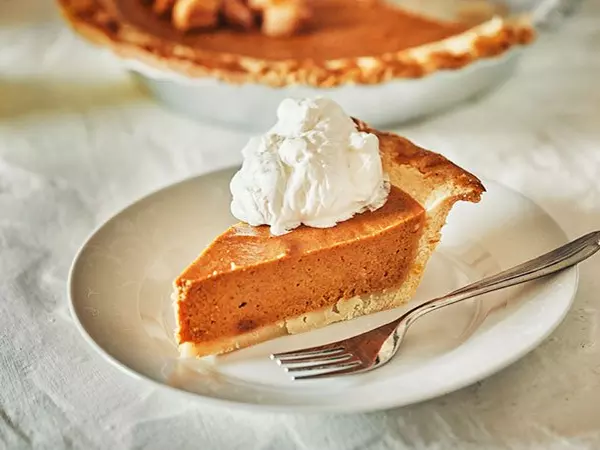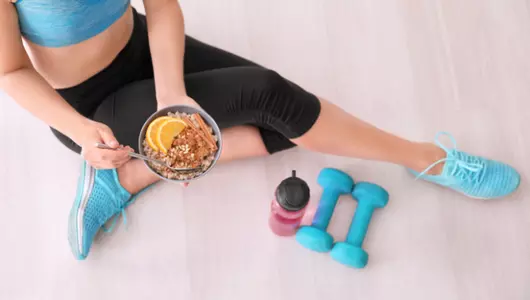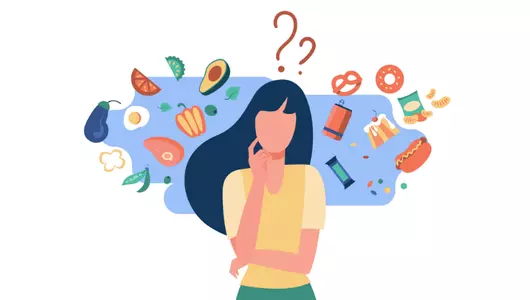
Watch out, the pumpkin pie trees are in bloom!
People tend to overeat over the holidays.
This is a common thread I hear from my patients this time of year. "What do I do when there are office holiday parties?" "What do I eat at my family's Thanksgiving celebration?" "How do I keep myself from eating all my kids' leftover Halloween candy?"
These panic-ridden questions typically come accompanied with a lot of anxiety, apprehension and guilt. This can sometimes lead to recommendations like "bring a fruit or vegetable tray to your gathering!" or "take a smaller plate to prompt you to take smaller portions!" or even "just stop eating when you're full!"
Although these are good pieces of advice for what to do in the moment, in practice I've found that the problem usually lies much earlier on in the year. What if the problem wasn't that there was an abundance of pumpkin pie during the holidays but rather the fact that you don't eat it any other time of year that prompts you to overeat?
When the holiday season rolls around every cell in your body starts screaming at you to self-indulge. "Eat that second slice of pumpkin pie!" your brain says, "You don't know when you'll get pumpkin pie again! It could be a whole year!"
But of course you know that there is no pumpkin pie "season." Pumpkin pie trees (and I say this jokingly, of course) are in bloom 365 days a year. There is not a single day that you do not have access to pumpkin pie if you wanted it.
Unconditional permission to eat is an important concept of intuitive eating. Unconditional permission to eat means that there are no off-limits foods, no reason to feel guilty about eating, and no reason to rely on your willpower to prevent you from eating. The premise behind this concept is that if you give yourself unconditional permission to eat, unconditional permission to stop eating will ultimately follow. If this isn't "the last time you'll have pie for a whole year," it's a little easier to pass up that second piece if you don't truly want it or need it.
So this year, remind yourself that you can have your favorite treat anytime you want it. Maybe even try preparing it for yourself or your family more often throughout the year. Once it stops becoming a "treat," your urge to overindulge in it will subside with less of an internal battle.
Related articles

Protein takeover: How much is really needed per day?

What exercise burns the most calories?

The link between nutrition and your mental health

How much fiber does my child need?